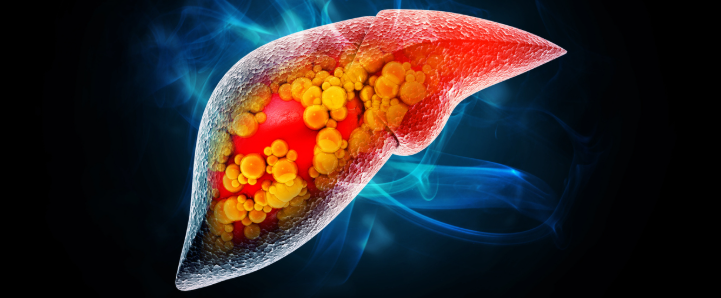Photo Credit: iStock.com/Mohammed Haneefa Nizamudeen
Meta-analysis reveals that antiplatelet drugs may curb liver-related complications, including malignancy and thrombosis.
A study published in July 2025 issue of Journal of Clinical Gastroenterology explored the unclear relationship between antiplatelet drug use—particularly non-aspirin agents—and the risks of liver fibrosis, portal vein thrombosis (PVT), and hepatocellular carcinoma (HCC) in individuals with liver disease.
Researchers analyzed observational data through a meta-analysis to evaluate the association between antiplatelet agents, including aspirin and clopidogrel, and the risks of liver fibrosis, PVT, and HCC.
They searched Cochrane Library, Web of Science, EMBASE, and PubMed from inception to July 20, 2024, and screened studies based on predefined inclusion and exclusion criteria. Data were extracted, and study quality was evaluated by the Newcastle-Ottawa Scale. The primary outcomes included liver fibrosis, HCC, and PVT. Statistical analysis was performed by Stata version 17.
The results showed that 29 studies with 13,000 individuals were included in the final analysis. The incidence of hepatocellular carcinoma following antiplatelet drug use was 3.6% [95% CI: 2.4%, 5.2%], while PVT occurred in 48.6% [95% CI: 29.8%, 67.8%]. Compared to non-users, those taking antiplatelet agents had a lower risk of liver fibrosis [hazard ratio (HR): 0.65, 95% CI: 0.56, 0.77; P<0.001] and HCC [HR: 0.63, 95% CI: 0.54, 0.73; P<0.001].
Investigators concluded that antiplatelet drug use was linked to reduced risks of liver fibrosis, PVT, and HCC, though confirmation through high-quality randomized trials was warranted.
Source: journals.lww.com/jcge/abstract/9900/prevention_of_liver_fibrosis_and_hepatocellular.478.aspx
